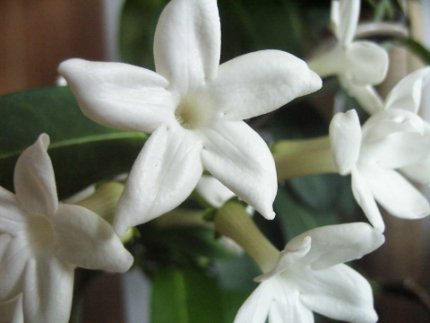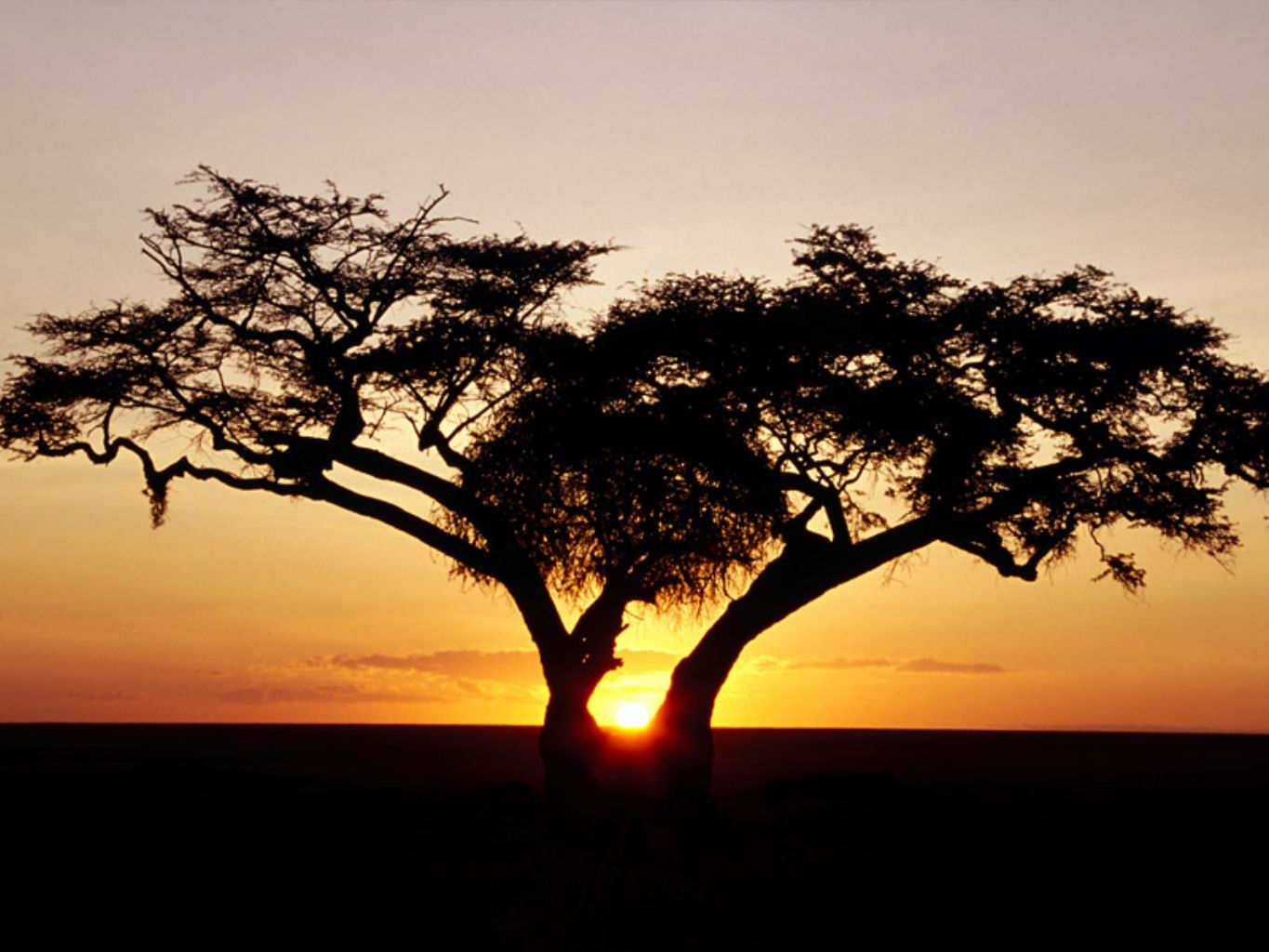Jasmin And Bullet Holes
Our joint monitoring teams always includes a national monitor from each side, a language assistant, patrol leader and two or more United Nations Military Observers. Our team is on patrol in our white 4 x 4s. We know it is going to rain and we are far away from camp. Did I say rain? This is not rain as we know it in Canada. Here, in the rainy season, what pours from the sky is a river gone vertical. Mix this with roads that in Canada we wouldn’t even describe as wide trails and you have morass, which is a word I have always wanted to use but not experience. Thank goodness for power winches and GPS.
It is a wild day. Two villages, two investigations. Wonderful kids at the school, as usual. They come running out to look at the kawaja and laugh at my Arabic. They are what this UN mission is, or should be, about. We do okay until we run into a flash-flooded river. I make it across, with my yelping, pessimistic Jordanian navigator at my side, screaming that we are going to drown. I use the term navigator loosely, as he still swears we are 20 miles off target when we arrive in
the village. But it is a close-call. Our team leader gets stuck mid-river in his vehicle. It’s fun to watch everyone bail out and see all the water pour out the doors. It would be perfect if a fish or two came out as well, like in a Hollywood comedy.
I turn around to winch him out and get badly stuck myself in the beach sand. I don’t follow my own tracks back – dummy. Have to wait hours for a tractor to pull me out. The team is wonderful – two Jordanians, one Romanian, one Thai, three Sudanese and one Canadian – with great spirits, work ethic and humour.
Anyway, so much for being the expert winter driver (“Driving in mud? Ha! This is nothing compared to driving in the winter snows of Canada.”)
The essence of this story for me is the jasmine flower overleaf. (I tape a now truly-wilted bloom in my journal). The school buildings we investigate all have bricked-up windows. Why? Turns out the Sudanese Armed Forces (North) barricaded themselves in them during the earlier years of fighting. Consequently there are bullet holes everywhere, inside and out. As I walked over to one building, I notice a wonderful fragrance in the air and petals on the ground. “Jasmine,” I am told. Oh, it is such a great smell – calming, sweet, happy. You can still smell it on these pages of my journal. And here I am counting bullet holes, while standing on a carpet of jasmine and enveloped in the most peaceful fragrance. How sad. How very sad. Once again, the Sudanese dichotomy.




















